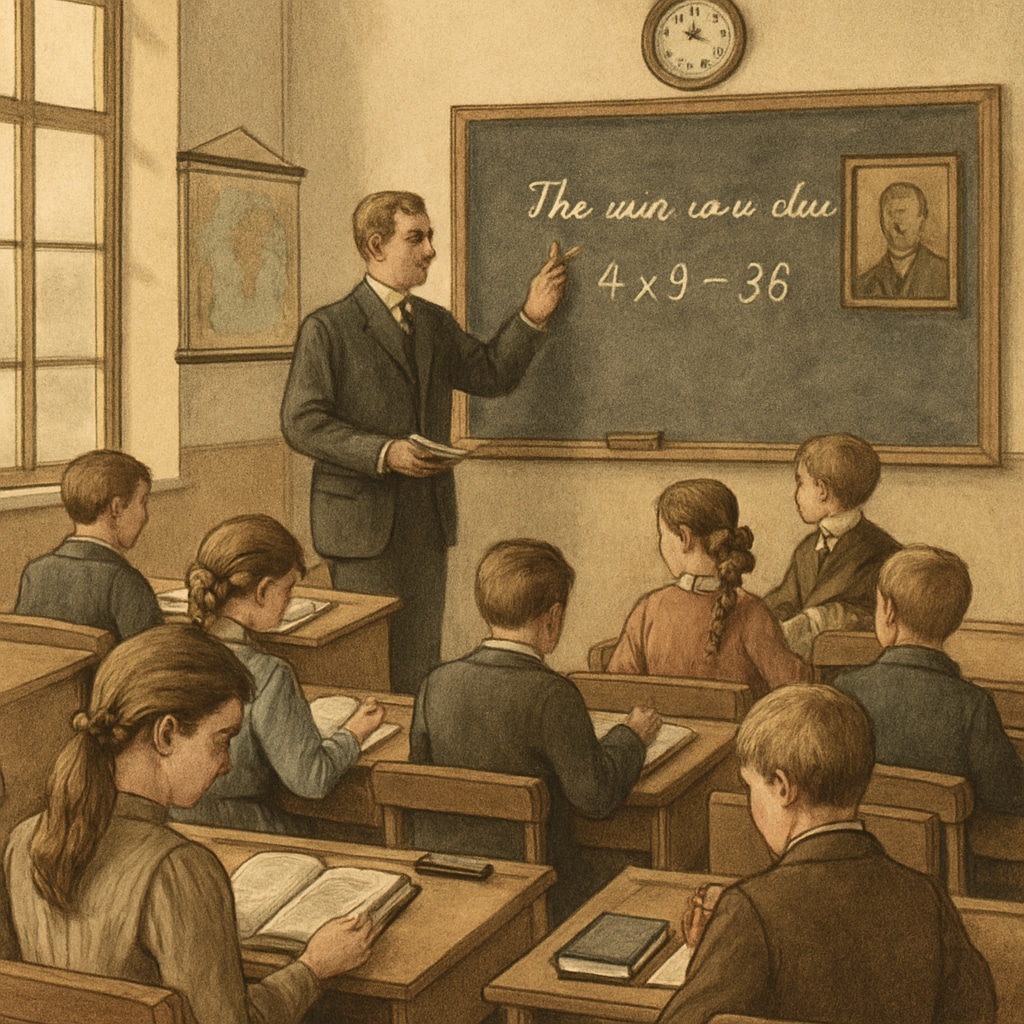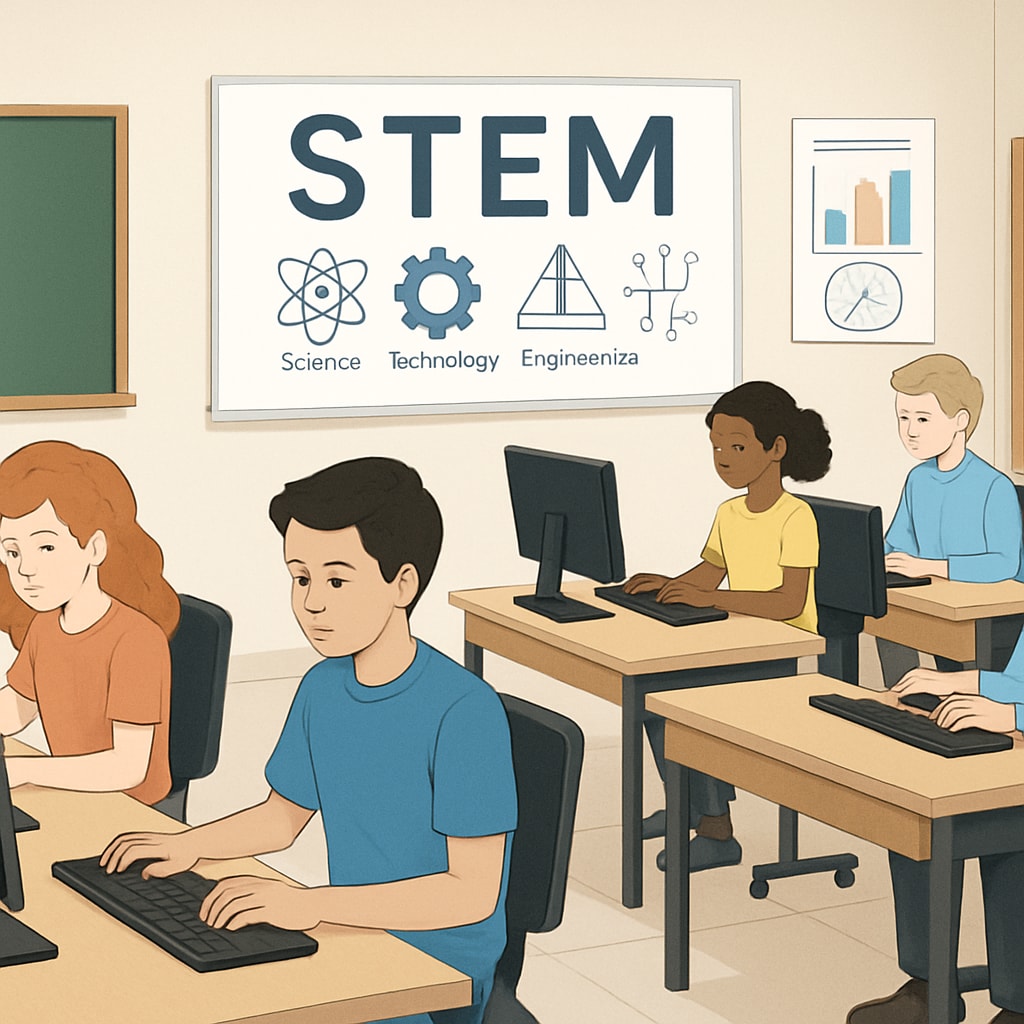The decline of classical education, its historical transformation, and implications for education reform have long been topics of discussion among educators and historians. Once the cornerstone of American schooling, classical education aimed to cultivate wisdom, virtue, and an appreciation for the human experience through subjects like literature, philosophy, and rhetoric. Over time, however, industrialization, pragmatic shifts in societal needs, and the advent of standardized testing led to its marginalization. Today, reflecting on these changes offers valuable insights into how modern K12 education can balance practicality with the cultivation of critical thinking and humanistic values.
The Historical Evolution of Classical Education
Classical education flourished in the early days of American schooling, inspired by European traditions that emphasized intellectual rigor and moral development. Students were trained in disciplines such as Latin, Greek, logic, and rhetoric, which were thought to prepare them for leadership and civic engagement. However, as America entered the industrial age, the priorities of education shifted dramatically. The need for a workforce proficient in practical skills led to the rise of vocational training and more utilitarian education models.
Moreover, the 20th century saw the emergence of pragmatism as a dominant educational philosophy. This approach emphasized outcomes, measurable results, and the relevance of education to everyday life. Subjects like philosophy and rhetoric, which focused less on immediate applicability, were gradually replaced by STEM fields and job-oriented curricula. The introduction of standardized testing further cemented this trend, as schools began to prioritize performance metrics over holistic intellectual growth.

Challenges and Criticisms: Why Classical Education Faded
The decline of classical education was not solely due to external societal shifts; internal criticisms played a role as well. Critics argued that classical curricula were elitist, accessible only to affluent students who could afford the time and resources to study subjects with limited practical application. Others pointed out that the traditional methods relied heavily on rote memorization, which could stifle creativity and fail to engage diverse learning needs.
In addition, the rise of multiculturalism and global perspectives in education challenged the Eurocentric foundations of classical education. Schools began to adapt their curricula to reflect broader cultural narratives, displacing some of the classical canon in favor of more inclusive studies. While these changes were necessary for equity, they further pushed classical education into the margins.

Integrating Classical Principles into Modern K12 Education
Despite its decline, classical education offers timeless lessons that can enrich contemporary education. Modern K12 schools could benefit from integrating classical principles to complement their focus on practicality and technology. For example:
- Critical Thinking: Classical education emphasized logic and reasoning, which are essential for developing analytical skills in all subjects.
- Ethical Reflection: Humanistic studies like philosophy and literature encourage students to consider moral implications and develop empathy.
- Communication Skills: Rhetoric, a cornerstone of classical education, trains students to articulate ideas effectively, a skill increasingly valued in the professional world.
To achieve a balanced curriculum, schools could implement interdisciplinary approaches, combining STEM education with classical elements. For example, literature courses could explore scientific themes, while ethics discussions could be included in technology classes. This fusion would prepare students not only for careers but also for thoughtful participation in society.
Final Thoughts: A Call for Educational Reform
The decline of classical education should not be seen merely as a historical inevitability but as an opportunity for reflection and reform. Modern K12 education, shaped by industrialization and pragmatism, has achieved remarkable advancements, yet it often lacks the depth of humanistic inquiry that classical education provided. By revisiting the principles of classical education, schools can create a more holistic learning environment that nurtures both the mind and the soul.
Ultimately, the goal of education should be to prepare students for a life well-lived—a life of thoughtful decision-making, ethical engagement, and intellectual curiosity. In this pursuit, classical education offers invaluable guidance, reminding us of the enduring power of wisdom, virtue, and the human spirit.
Readability guidance: This article uses concise paragraphs, lists, and clear transitions to enhance comprehension. Passive voice is minimized, and long sentences are limited for better readability.


